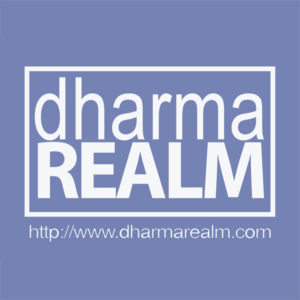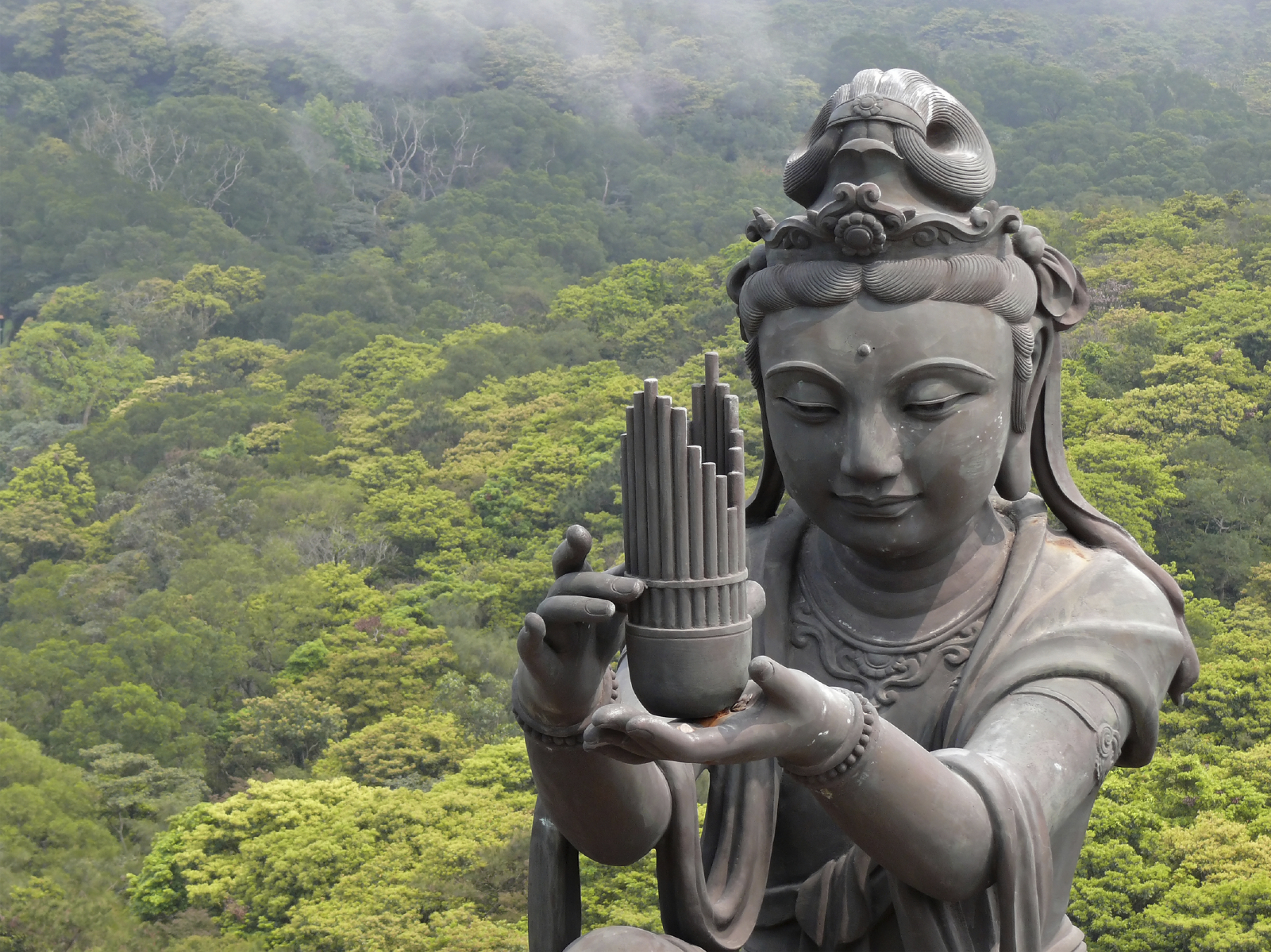Inspired by a listener question/discussion on Facebook, we tackle the issue of belief in (Shin) Buddhism, specifically when it comes to Pure Land imagery. Are we expected to believe in it in some substantive, literal sense? Or do we take it as metaphorical? Symbolic? Symbolic of what exactly? We start by suggesting that wrestling with these questions allows us to think critically about what the point of Buddhist practice is in the first. Why do we practice? Because in some sense we believe it will work. But is this belief in the efficacy of Buddhist practice any different from other forms of religious belief? These are some of the questions we wrestle with in this episode.
Podcast: Play in new window | Download (Duration: 33:00 — 37.8MB) | Embed
Subscribe: Apple Podcasts | RSS


Great discussion. Enjoyed your thoughts.
I think the tension between literal interpretation vs. symbolic or archetypal interpretation is a common one, regardless of path. It certainly shows up in Judeo-Christian traditions which have long had expressions of both Literalist followers (focused on a literal interpretation of their texts) and mystical / contemplative practitioners (actively working out the doubt/faith aspect via experiential means…and what we might call “resonant prayer”).
For me, this is the essential difference between religion and spirituality (as a way of life). As the mythologist Joseph Campbell once said [and I’m paraphrasing wildly here], religion is accepting someone else’s story; mysticism (or spirituality) is stepping into the Great Story yourself.
Where I get curious about other people’s belief(s) in any tradition (but particularly in Shinshu) is whether literal interpretations are derived solely from an intellectual place or if there are those who have an actual, felt, heart-centered, somatic, or even a transpersonal / multidimensional, dare I say “shamanic-like” experience of these dimensions?
Perhaps the Pure Land is something akin to the Bardo of Tibetan tradition (as described in the Tibetan Book of the Dead).
My own inner sense: what is referred to as the Pure Land is akin to this in some way – a realm of experience, a state of consciousness; its vibrational essence being something tangible that can be “linked up with” via the nembutsu, and cultivated within this very body, within this very life; not a factoid to be taught, but a “spirit” that is caught, and then perceived in everything…from the cellular level…outward.
It calls to mind the experiences of Ippen, who was shown the Nembutsu Odori practice, or Ryonin, who was guided to begin practicing and teaching the Yuzu Nembutsu.
Felt experiences guided these innovations and developments. One might look upon this as them asserting their own self-power but perhaps our own actions, aligned with sacred reality, are not self-power at all…but other-power manifesting.
Deep Peace,
Frank